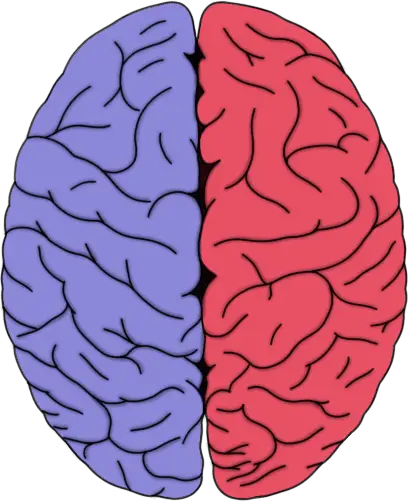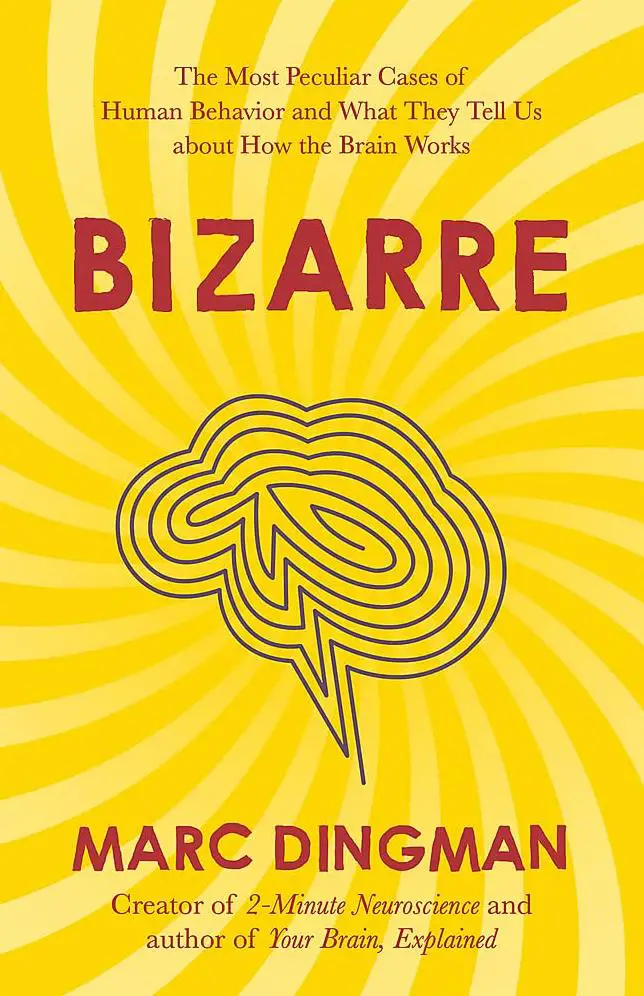Good News for Fruit Fly Truckers
Science has arrived at credible hypotheses to explain a number of complex waking behaviors. Yet an overtly simpler behavior—one that doesn’t vary much from situation to situation or person to person, and involves a minimal amount of physical and mental activity—baffles us, leaving us with a surfeit of hypotheses that seem to explain some aspect of it, but none that is sufficient to explain it as a whole.
That perplexing behavior is sleep. It comprises 1/3 of our lives, yet we don’t really know why. It seems to play a number of roles. It acts as a restorative influence on the body, bolstering the immune system and our overall feeling of restedness. It also seems to be very important during development, occupying most of an infant’s time as its brain is rapidly maturing. And indications are that it's an important part of memory consolidation.
But none of these purported reasons for sleep can explain on its own why it may have evolved. For example, it seems that the restorative functions of sleep could be achieved without putting ourselves in a state where we are oblivious to our external environment—something that is very dangerous evolutionarily. The necessity of sleep during development doesn’t explain why adults need to continue doing it, and, while it may be less efficient, memory storage is still possible after sleep deprivation.
The unsatisfying nature of each of these hypotheses on their own has caused some to support an explanation of sleep that stresses its adaptive importance in helping our ancestors remain safe from predators. Sleep incapacitates us at a time (in the dark) when we are most vulnerable, keeping ancient humans out of the paths of nocturnal carnivores. While this might be evolutionarily adaptive, however, it doesn’t explain why we experience minimal conscious ability to monitor our environment during sleep (why not just a restful but conscious state?), or why animals that are predators and not generally hunted sometimes sleep a great deal (e.g. lions).
In addition to lacking a clear purpose for sleep, we have yet to understand the physiological mechanisms behind it. This has caused some scientists to turn to the model organism Drosophila for answers. The sleeping state of Drosophila has much in common with that of mammals. It involves homeostatic and circadian regulation, consists of long periods of immobility, becomes more fragmented with age, etc.
While scientists still haven’t come to a consensus on the reason for sleep, Drosophila research has led to several findings that have aided in the elucidation of its physiology. For example, it has helped to explain the role of neurotransmitters, like serotonin, that play a key role in sleep regulation. Recently, it has led to an amazing discovery: a way to reverse the effects of mental fatigue due to sleep deprivation by manipulating gene expression.
The cognitive deficits that Drosophila develop as a result of sleep deprivation are similar to those exhibited by humans. The extent of the impairment is correlated with the amount of time spent awake. Learning in Drosophila has been found to be dependent on a structure known as the mushroom bodies (MBs)—thought to be somewhat homologous to our hippocampus—and a dopamine receptor called the dopamine D1-like receptor (dDA1).
Scientists at the Washington University School of Medicine recently investigated whether sleep-loss induced learning impairments could be reversed in Drosophila. They used a learning task that takes advantage of the flies’ predisposition to fly towards a light. The flies were placed in a T-maze with a lighted tunnel and a dark tunnel. The lighted tunnel also contained a piece of filter paper soaked in quinine, which has a bitter taste and repels flies. On repeated trials, the flies had to learn to resist their urge to fly down the lighted tunnel by associating it with the bitter smell of quinine.
Sleep deprivation led to a decreased ability to perform on the learning assay. Additionally, the researchers found that learning the task at all was heavily dependent on the functionality of the dDA1. When they studied mutant flies with a deficiency in this receptor, learning was significantly reduced. Thus, they manipulated dDA1 in the MBs to be over-expressed and surprisingly found that this caused learning deficits after sleep deprivation to return to baseline levels.
The authors of the study use these findings to make a couple of postulations about sleep and sleep deprivation. First, they suggest that, although sleep deprivation probably affects several pathways, it may target specific brain areas that are essential for functioning (in this case, the MBs). Also, they hypothesize that one of the functions of sleep may be to restore levels of neurotransmitters essential to proper functioning, like dopamine.
While this finding has already led to speculation on popular science sites about a pharmacological method of negating sleep-deprived cognitive impairments, it’s important to remember that this was a study done in fruit flies, and much work would have to be done to find if it is potentially applicable to humans. Regardless, while the overall purpose of sleep continues to be a mystery, this study does add one more piece to the puzzle in understanding its physiological mechanisms.
SEUGNET, L., SUZUKI, Y., VINE, L., GOTTSCHALK, L., SHAW, P. (2008). D1 Receptor Activation in the Mushroom Bodies Rescues Sleep-Loss-Induced Learning Impairments in Drosophila. Current Biology DOI:10.1016/j.cub.2008.07.028


